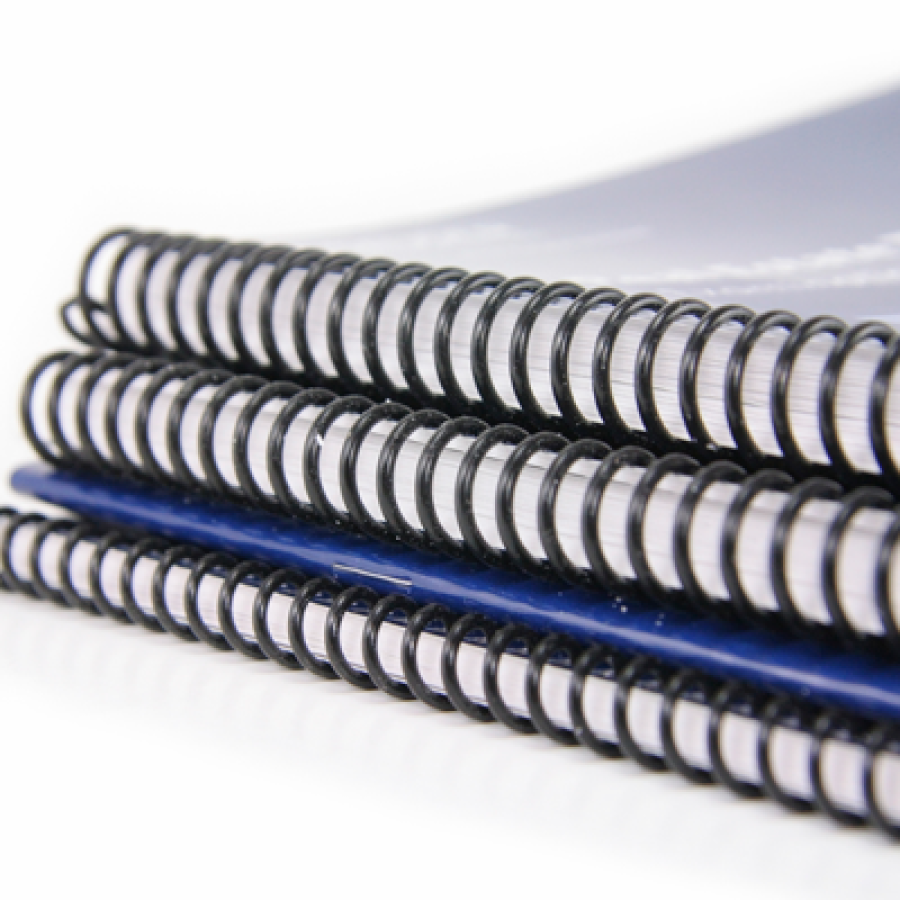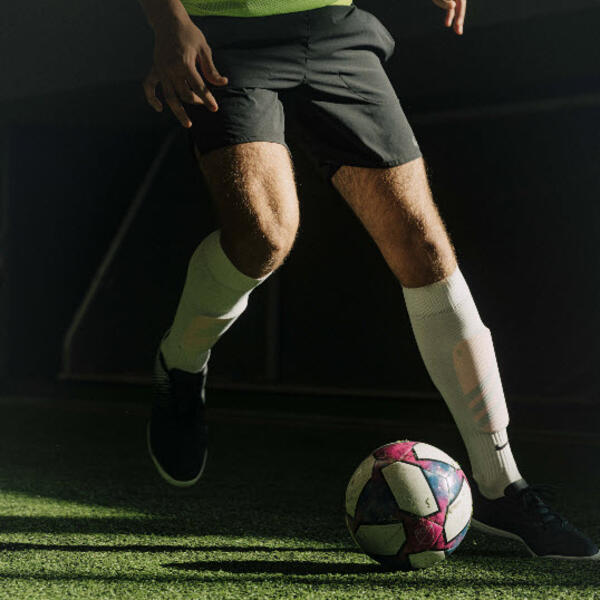Releases
WADA updates its COVID-19 guidance for Anti-Doping Organizations

The World Anti-Doping Agency (WADA) has issued updated guidance for Anti-Doping Organizations (ADOs) in light of the ongoing COVID-19 pandemic.
WADA developed the guidance following consultation with ADOs, including National Anti-Doping Organizations (NADOs), International Federations and Major Event Organizations as well as other organizations, such as the International Testing Agency (which is leading the pre-Tokyo 2020 Olympic Games Task Force on behalf of the International Olympic Committee) and accredited laboratories, to determine how the anti-doping community can best operate in this challenging environment.
The guidance was refined following a teleconference meeting today of the WADA NADO Advisory Group, which provides expert advice in promoting effective doping control strategies and plans.
The updated ADO guidance covers a number of areas that may be affected by COVID-19, including the provision of whereabouts information, sample collection and transport to laboratories, sample analysis, education programs, investigations, result management, therapeutic use exemptions, compliance and other activities and obligations covered by the World Anti-Doping Program. While the document provides guidance specific to athletes, WADA is developing another resource that will address some specific concerns raised by athletes, which we aim to publish early next week and which will be adapted over time.
At a time when most countries are putting in place strict measures, this new situation for all is undoubtedly affecting the anti-doping system. Border closures, mandatory quarantines or isolations, cancellations of flights, social movement restrictions, office closures and cancellation of sporting events are all hindering the normal day-to-day work of those involved in anti-doping.
WADA President Witold Bańka said: “The sports world is dealing with an unprecedented situation. COVID-19 has forced all anti-doping stakeholders, including WADA, to adjust the way daily operations are conducted. But this matter goes way beyond anti-doping and sport – it is a global emergency – and our first priority must be public health, safety and social responsibility.
“As we have done throughout this global crisis, WADA will continue to liaise with ADOs, providing leadership and support so that the health of all concerned can be protected and the integrity of the world anti-doping system can be maintained as much as possible. It will also be crucial that the system can return to full power as quickly as possible once the various restrictions are lifted.
“During this time, I would like to acknowledge how difficult it is for athletes, too, who face disruptions to their training programs and uncertainty as to what the future holds for their competitions.”
WADA Director General Olivier Niggli said: “WADA has developed this guidance in collaboration with, and with the support of ADOs and other key stakeholders, understanding that these are difficult times for sport. ADOs must, in the first instance, follow the directives and advice of their respective governments and health authorities in order to play their part in preventing the further spread of the virus. Athletes and everyone else involved in the anti-doping system can be assured that their health is our number-one concern.
“Athletes should also bear in mind that testing will continue only where appropriate and possible and, at this time, with the necessary health and hygiene protocols in place. The situation is changing every day.
“However, there are a number of other tools that are available to assist us in protecting clean sport during periods of limited testing. The Athlete Biological Passport, in particular, will continue to be an important program for us in the coming weeks and months, together with the long-term storage of samples collected before, during and after the pandemic, as well as the collection and review of any intelligence received that could lead to target testing, specific analysis or the opening of an investigation.”
WADA will continue to work closely with all ADOs to monitor anti-doping program implementation and encourages ADOs to continue to advise the Agency of any amendments that they are making to their wider programs so that WADA can coordinate, advise and assist as necessary.
Where it has been determined that there has been an absence or diminished level of testing on athletes in areas of higher risk, this information will be conveyed to ADOs that would benefit from such information so they can adjust their testing programs accordingly going forward.
WADA will continue to publish updates regarding its response to COVID-19 as the situation evolves.

